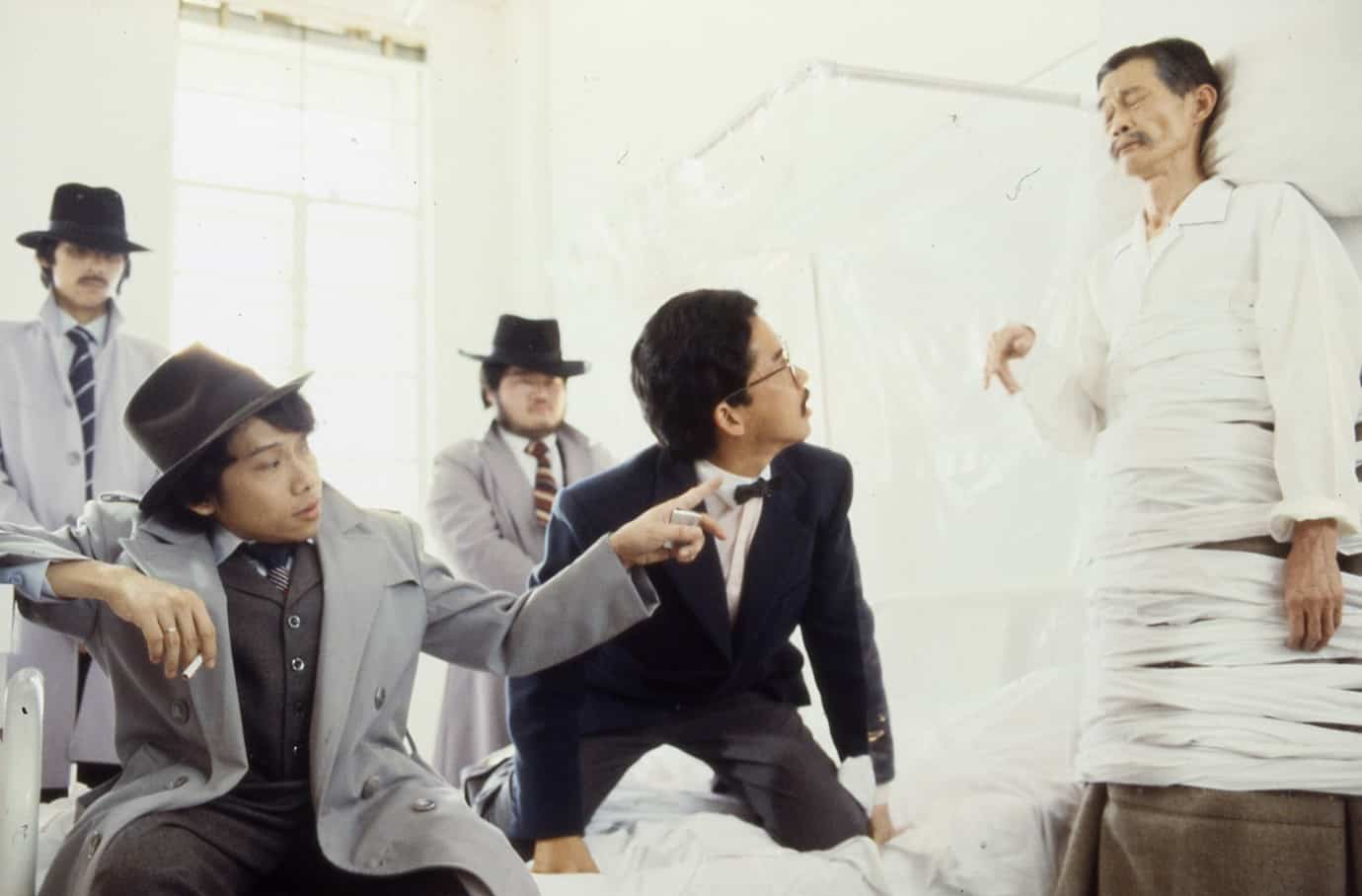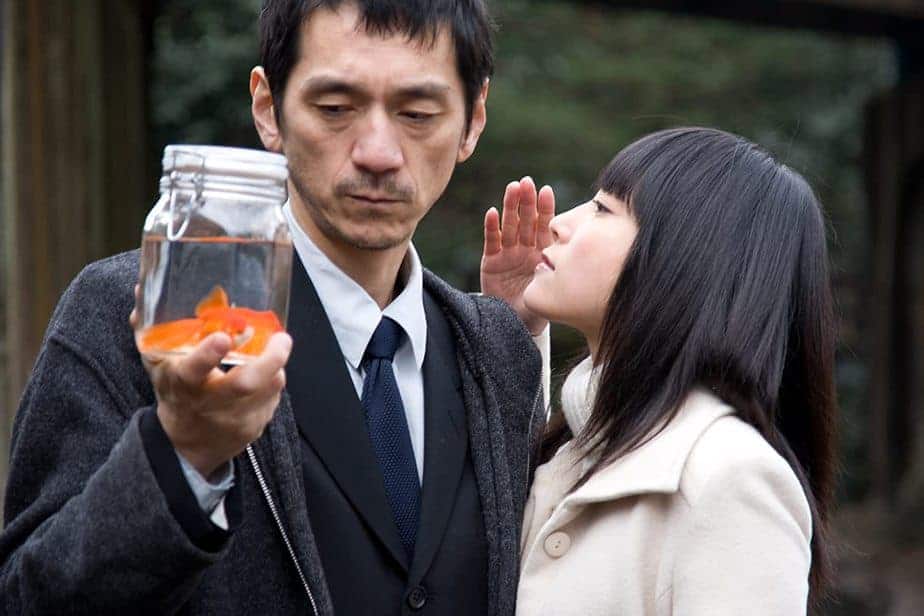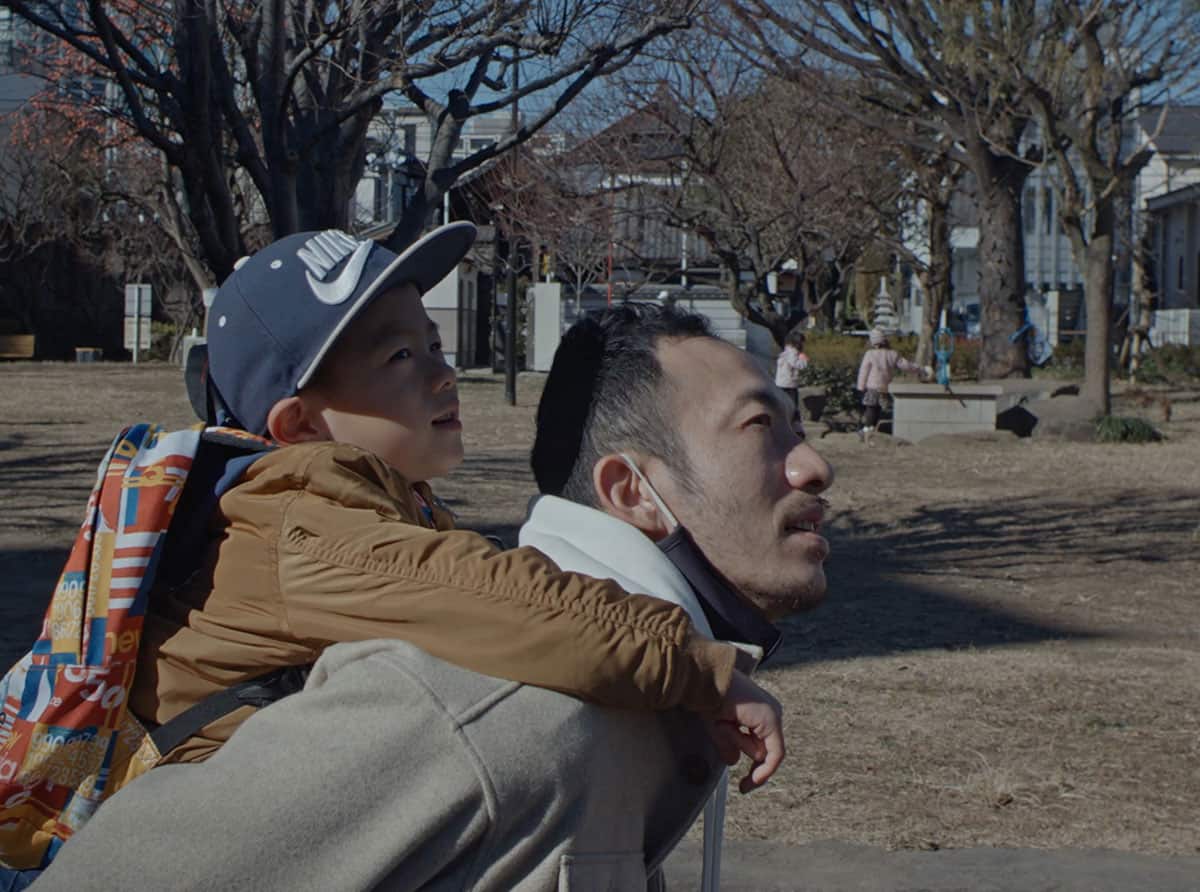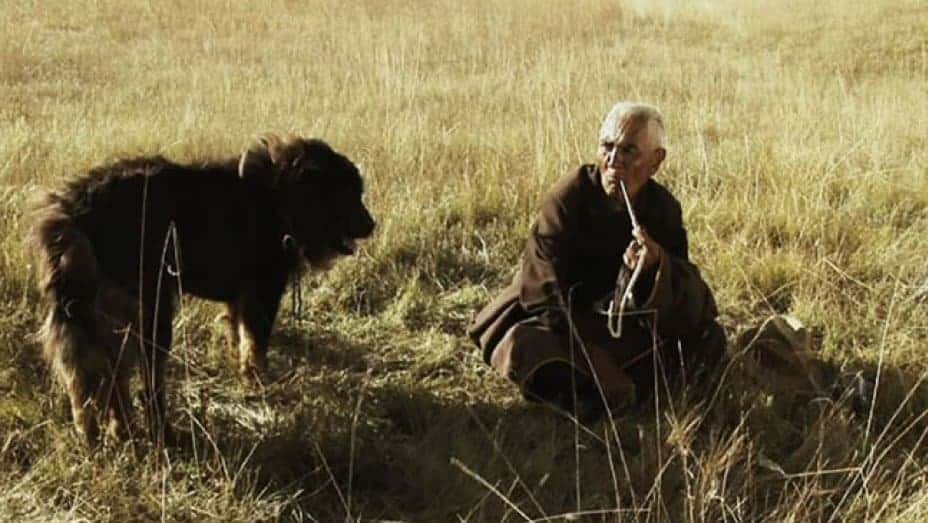Beginning 2000s, director Akihiko Shiota emerged as part of a new wave of Japanese filmmakers portraying teenage alienation in postmodern Japan. Like many other famous directors of his generation, Shiota was a student of Shigehiko Hasumi at Tokyo Film School. Though less prolific than his former classmates Shinji Aoyama (“Eureka” 2000) and Kiyoshi Kurosawa (“Cure” 1997), Shiota produced impressive movies such as “Moonlight Whispers” (1999), “Harmful Insect” (2001) and “Canary” (2004), which all deal with young outcasts and a lack of parental presence. In the course of his career, Shiota shifted his focus from serious indie dramas to sentimental commercial productions (“Resurrection” 2002, “A Heartful of Love” 2005) and effect-filled entertainment (“Dororo” 2007). He finally ended up in the genre of medical drama with the TBS tearjerker “I Just Wanna Hug You” (2014). What may look like a decline of artistic demand, is proven wrong by Shiota's newest film “Farewell Song” (2019).
“Farewell Song” was screened on Japannual Film Festival in Vienna.

Although Shiota's early work is unmatched by his subsequent films, “Farewell Song” contains the old flame of his genius. Telling the story of the singer-songwriter duo “Haruleo” and their farewell tour throughout the depressing live music clubs of Japan's rural areas, “Farewell Song” has a harmonious and, at first sight, unimposing outline. Shiota does not fall back to the corny elements of his recent movies. The dialogues are down-to-earth and not overblown with pathos.
The lead roles are perfectly chosen. Winner of the Kinema Junpo Best New Actress Award, Nana Komatsu (“Destruction Babies” 2017) as Leo and Mugi Kadowaki (“Close Knit” 2017) as Haru are two of the most promising Japanese actresses and fill in just right with their vocal talent. The duo is accompanied by tour roadie Shima played by Ryou Narita (“Your Name” 2016). Obviously, all three of them have a record in the music industry and therefore deliver outstanding musical performances, which are the emotional backbone of Shiota's movie.
Cinematography is done by Hidetoshi Shinomiya. He is rather known for his experimental, but realistic work on “And your Bird can Sing” (2018) and was also part of Shiota's soft-porn dramedy “Wet Woman in the Wind” (2016). His unagitated and nevertheless refreshing approach towards framing helps a lot to hold the balance of the film and blends in well with the warm color concept dominated by a bronze-brown sample board.

While we go on the road with the trio, driving down the highways in their Jeep, “Farewell Song” gives an insight into the music business without actually putting it in the center of the narration. Shiota creates a natural stream that occasionally brings up certain aspects of life to the surface. From time to time, some of Shiota's older topics (e.g. missing father figure and promiscuity) are discussed, but not with the radicalness of his debut-films.
To enjoy “Farewell Song” to the fullest, you have to detach the film from the previous films of Akihiko Shiota. Due to a catchy soundtrack and flawless script, “Farewell Song” is a heart-warming mature drama, that also reflects the coming-of-age of its director. A director who disbanded the wildness of youth, but still hasn't accepted the graveness of adulthood.















